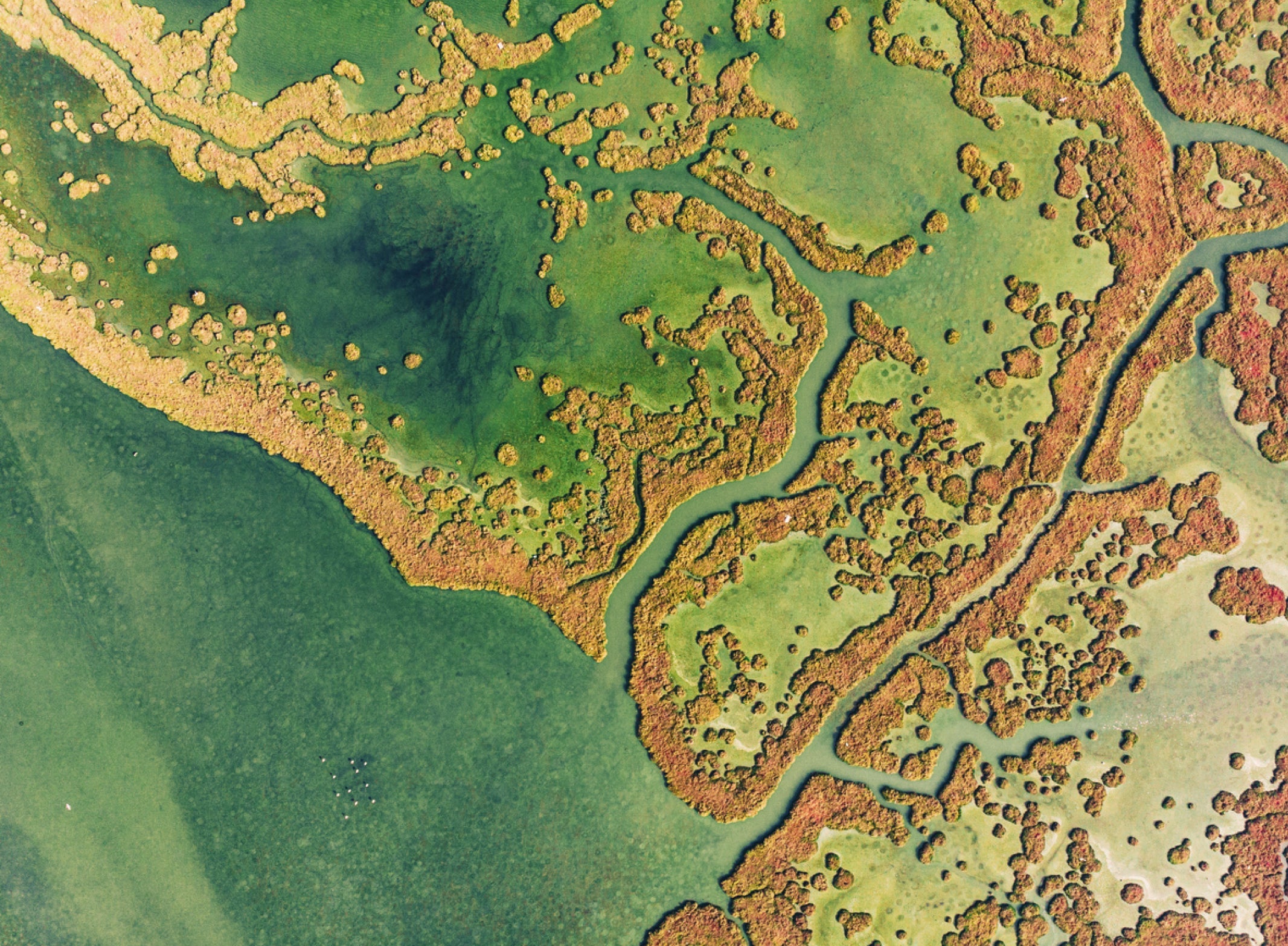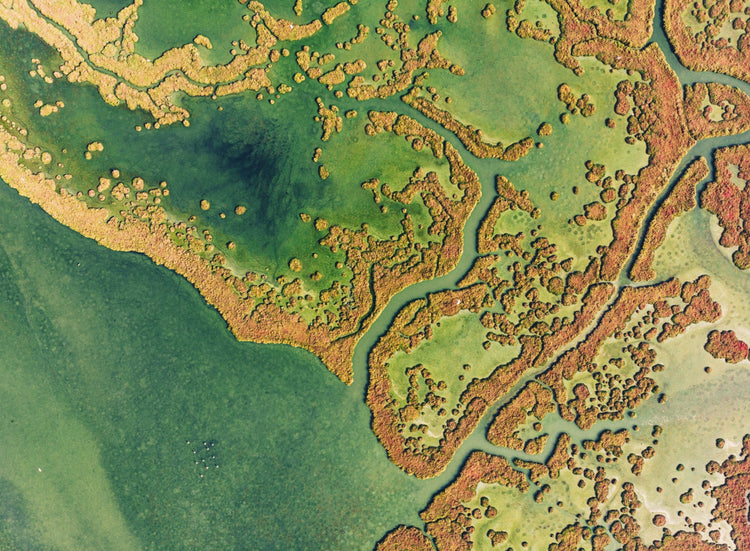My Formula: Dr. Tiffany Lester on environment and skin
As 2020 continues to test the resilience of our skin throughout lockdown, face coverings and wildfires, we consult our Medical Advisor on what we can do to protect ourselves from harmful environmental factors.


The past year has put our skin through the wringer. The coronavirus pandemic forced many of us to spend an unusually long time indoors away from busy roads and off flights during lockdown, reducing exposure to pollution, increasing time for self-care, eliminating the need for make-up and therefore resulting in improvements to skin. Then the world’s cogs slowly started turning again, and face coverings began to wreak havoc on our chins as they trapped humidity and increased the risk of excess oil and dirt, resulting in 'maskne'.
As the devastating wildfires rage their way through the West Coast, we’re reminded just how severe the effects of air pollution can be on skin health (albeit among many more pressing matters), causing irritation and dryness. “Wildfire causes episodes of the worst air quality that most people living in high-income countries are ever going to see,” says Sarah Henderson, senior scientist in environmental health services at the British Columbia Center for Disease Control. Although skin often falls behind respiratory health when it comes to air pollution, as the largest and most exposed organ in the body, it’s not to be overlooked.
We spoke to our resident Medical Advisor, Dr. Tiffany Lester, about just how important the environment is in relation to our skin health and what we can do to increase our resilience.
How does pollution impact skin?
There is some evidence that air pollution can negatively impact skin conditions like eczema, acne, and rashes. Given that our skin is our largest organ and is particularly permeable to particulate matter in the atmosphere and volatile organic compounds found in many skincare products, if our skin barrier is additionally compromised by being prone to these conditions on top of environmental pollution, it is even more easily impacted.
Do people who live in the countryside have a better chance at good skin than those who live in cities?
Technically yes as there is less air pollution from urban living. However, given the reduction in an active lifestyle for many of us, the air inside your home can be just as toxic as a densely populated downtown area. Add to that the potential unknown negative effects of exposure to screens all day and night—it can depend on several factors.
What can help to build our skin’s resilience to the environment?
Hydration, hydration, hydration! Both inside and out. Eating foods that have a high water content (i.e. cucumber, tomatoes, celery, spinach) on a daily basis is essential. Protecting your skin barrier with adequate topical serums and oils can also help to increase resilience.
Can climate change our skin type?
Our skin can respond differently in various climates and seasons based on the dryness of the air, humidity levels, and our propensity to sweating. This can cause us to produce more oil than normal on our face which would require more in-depth cleansing. Increased sweating can lead to more clogged pores and cause body breakouts, especially if we are wearing more form-fitting clothing.
How do we know which is the right level of SPF for our skin? And when should we be using a higher factor?
I typically recommend SPF 15-40. If you burn easily and/or are fair-skinned, then aim for a higher factor when choosing products. Over 40 has not been shown to prevent skin cancer by a statistically relevant percentage.
Does using SPF not compromise our ability to make Vitamin D?
No matter how high the SPF is that you slather on your skin, you will still absorb some Vitamin D. It doesn’t take much—just having your arms or legs exposed for 10 minutes during peak hours is enough to reach your quota for the day. Either way, I recommend getting your serum levels checked by a doctor and supplementing accordingly to be on the safe side!
How does hard water affect the skin? Is there anything we can do to counteract it?
Hard water contains minerals that make it more difficult to wash your cleanser away. The more water you use, the dryer your skin becomes and compromises the protective barrier we need. This can particularly flare skin conditions like eczema and psoriasis. The minerals that are leftover on the skin can also clog pores leading to the dreaded ‘bacne’ (acne on your back). It also dehydrates the skin leading to dryness. If you cannot get a water filtration system in your home, I recommend moisturising before drying off. Once you towel off or air dry, you have lost a vital opportunity to plump your skin cells and counteract the mineral content!
Is the sea air actually good for skin or is it a myth?
The magnesium found in seawater can be beneficial to calm your nervous system and soothe irritated skin. I haven’t found any solid evidence of benefit from the air. I think it is likely a combination of how we feel more relaxed and sleep better after spending time at the beach.
Protect your skin barrier with BARRIER CULTURE.